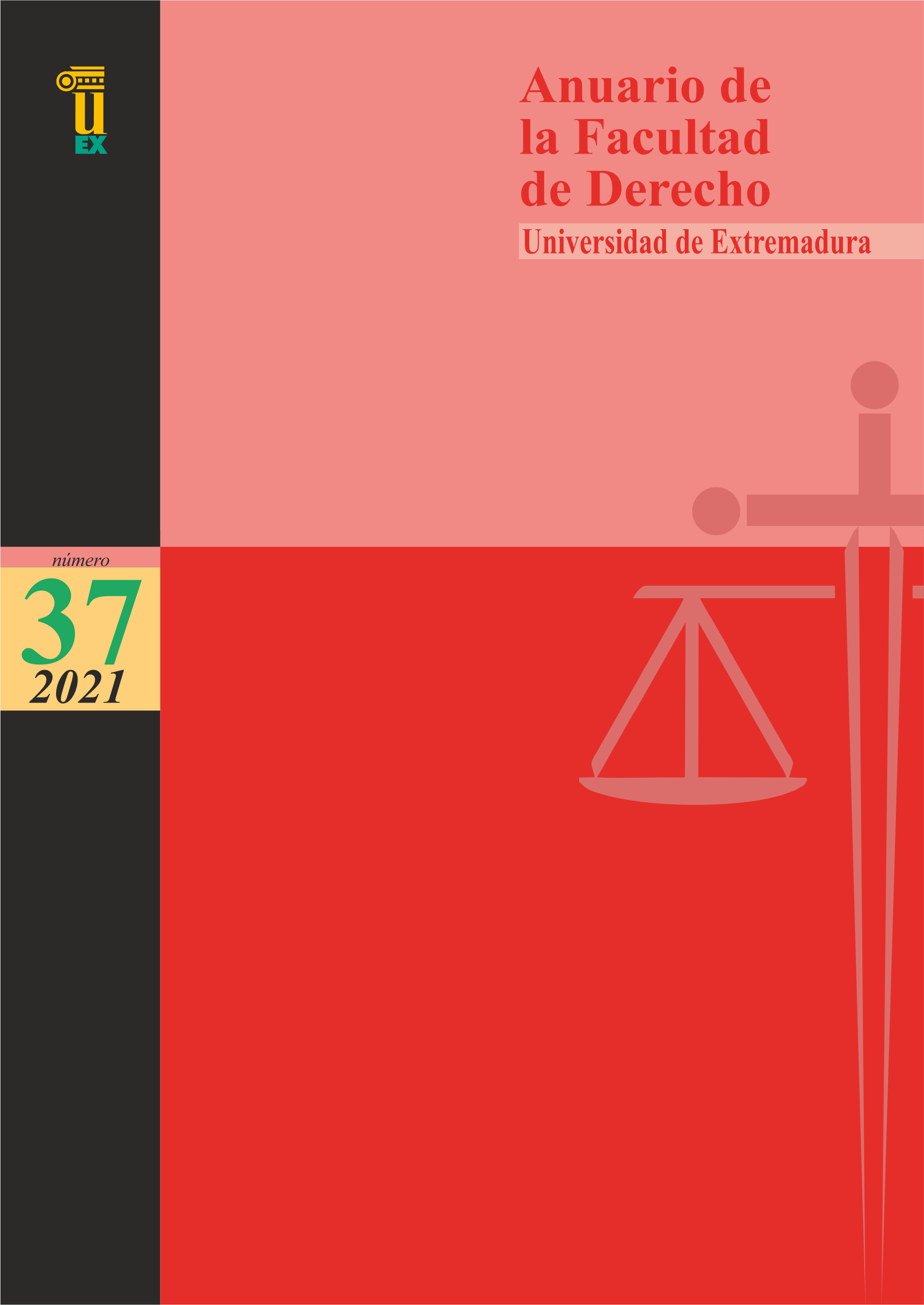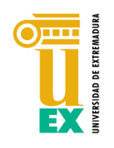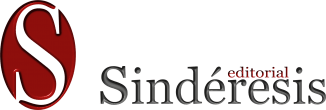UNESCO and the Governance of Artificial Intelligence in a Globalized World. The Need for a New Legal Architecture
DOI:
https://doi.org/10.17398/2695-7728.37.273Keywords:
Artificial Inteligence, international governance to control the AI, UNESCO, ethics in AI, regulation of AI., Human Rights, lawAbstract
Artificial Intelligence (AI) is a high-risk technology that is globally interconnected and currently lacks regulation in international treaties, except in the European Union. Attempts at international governance to control AI are restricted to human rights or business forums. The race between the United States and China to develop AI pushes the possibility of common legislation even further. This research work proposes to build a new legal architecture on this technology that directs autonomous vehicles, electricity supply, the granting of a job or insurance, as well as drones and new types of autonomous weapons. In the first global action on AI, UNESCO has approved its recommendation on ethics in AI for 193 Member States and this can be considered the first attempt to standardize the regulation of AI at the transnational level.
Downloads
References
Baldwin, Richard. La convulsión globótica. Globalización, robótica y el futuro del trabajo. Barcelona: Antoni Bosch, 2019.
Beck, Ulrich. La sociedad del riesgo. Hacia una nueva normalidad. Barcelona: Paidós, 1998.
Casilli, Antonio A. Esperando a los robots. Madrid: Punto de Vista Editores, 2021.
Castets-Renard, Céline. Droit du marché unique numérique et intelligence artificielle. Colección “Droit de l'Union européenne. Manuels”. Bruselas: Editorial Bruylant, 2020.
Crawford, Kate. Atlas of AI. New Haven y Londres: Yale University Press, 2021.
Fernández Carballo-Calero, Pablo. La propiedad intelectual de las obras creadas por inteligencia artificial. Cizur Menor: Thomson Reuters Aranzadi, 2021.
Figueres, Christiana y Rivett-Carnac, Tom. El futuro por decidir. Cómo sobrevivir a la crisis climática. Madrid: Debate. Penguin Random House Grupo Editorial, 2021.
F. González, Claudio. El gran sueño de China. Tecno-socialismo y capitalismo de Estado. Madrid: Editorial Tecnos. Grupo Anaya, 2021.
Kaplan, Jerry. Inteligencia Artificial. Lo que todo el mundo debe saber. Zaragoza: Teell Editorial, 2017.
K-F, Lee. Superpotencias de la inteligencia artificial. Barcelona: Ediciones Deusto, 2018.
Meneceur, Yannick. L'intelligence artificielle en procès. Bruselas: Bruylant, 2020.
Moreno, Luis y Pedreño, Andrés. Europa frente a EE.UU. Y China. Prevenir el declive en la era de la inteligencia artificial. Autoeditado en Amazon, 2020.
Noble, Safiya Umoja. Algorithmos of Oppression: How Search Engines Reinforce Racism. Nueva York: New York University Press, 2018.
O'Neil, Cathy. Armas de destrucción matemática. Madrid: Capitán Swing, 2016.
Pasquale, Frank.The Black Box Society. The Secret Algorithms That Control Money and Information. Cambridge (MA) y Londres: Harvard University Press, 2015.
Schneider, Susam. Inteligencia Artificial. Una exploración filosófica sobre el futuro de la mente y la conciencia. Badalona: Ediciones Koan, 2021.
Tzimas, Themistoklis. Legal and Ethical Challenges of Artificial Intelligence from an International Law Perspective. Cham (Suiza): Springer, 2021.
Vega Iracelay, Jorge J. “Inteligencia artificial y derecho: principios y propuestas para una gobernanza eficaz”. Informática y Derecho: Revista Iberoamericana de Derecho Informático, segunda época, segundo semestre, número 5, 2018.
Véliz, Carissa. Privacy is Power: Why and How You Should Take Back Control of Your Data. Oxford: Transworld. Corgi Books, 2020.
Webb, Amy. Los nueve gigantes. Barcelona: Península, 2021.
Zuboff, Shoshana. La era del capitalismo de vigilancia. Barcelona: Paidós. Editorial Planeta, 2020.
ARTÍCULOS ON LINE Y CONGRESOS
Scot Tanner, M. “Nueva ley de inteligencia nacional de Beijing: de la defensa a la ofensa”, Lawfare. 20 de julio de 2017. Sitio web: https://www.lawfareblog.com/beijings-new-national-intelligence-law-defense-offense. Visto el 20 de mayo del 2021.
Curto Díaz, Josep. "Luces y sombras de la nueva ley europea sobre inteligencia artificial ¿Qué pasa con los neuroderechos o la propiedad intelectual? Los cabos sueltos de la nueva legislación". 14 de julio de 2021. UOC. Ver link: https://www.uoc.edu/portal/es/news/actualitat/2021/192-ley-europea-inteligencia-artificial.html
Masseno, M.D. “Cuando los Consumidores Europeos Contratan Teniendo Enfrente Sistemas de IA”.Instituto Politécnico de Beja (Portugal). (Conferencia en el Congreso Internacional Hispano-Luso e Iberoamericano "Sociedad Digital y Derecho Civil" organizado por la Universidad de Granada, 2021). https://sociedad-digital.es/
Downloads
Published
Issue
Section
License
Since November 2024 this journal is licensed under CC-BY-NC 4.0








.png)




